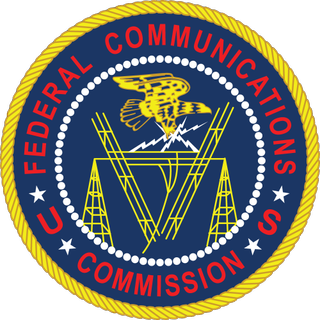Public Knowledge to FCC: Your High Speed is Far Too Low

Public Knowledge said the FCC's 25 mbps downstream definition of high-speed broadband is too low and fails to live up to the commission's forward-looking, future-proofing speed benchmark mantra.
That came in comments from Public Knowledge on the FCC's data collection on its annual report to Congress on whether advanced telecommunications is being deployed to all Americans in a reasonable and timely fashion.
Related: Stakeholders Fight Over Need for Speed
Currently, the FCC is defining high-speed broadband as 25 mbps downstream/3 mbps up.
For example, in coming up with rules for a new, $20 billion rural broadband fund last week the FCC said the fund will go toward deploying high-speed broadband over 10 years to areas currently lacking fixed broadband service of at least 25/3.
Commissioner Jessica Rosenworcel, who shares Public Knowledge's sentiments on the issue, called that a ridiculously low baseline and said 100 mbps should be "table stakes."
In making its point, Public Knowledge highlighted quotes from the chairman including the following: "[T]he Universal Service Fund must be forward-looking and support the networks of tomorrow..." and "[the Commission] want[s] to prioritize the deployment of broadband networks that will meet the needs of tomorrow as well as today."
Multichannel Newsletter
The smarter way to stay on top of the multichannel video marketplace. Sign up below.
Public Knowledge juxtaposed that against Google Fiber's announcement that even 100 Mbps was being left behind and it would now only be offering gigabit speeds: "[E]ven if you don’t think you need a gig now, we think you will in the very near future," the company said in announcing the sunset of 100 Mbps.
It also cited NCTA-The Internet & Television Association data showing that one-gig service is now available to more than 80% of U.S. homes and trumpeting the trials of 10G service, citing 1 gig service in 80%-plus as proof of concept.
The group said that given that, 25/3 is too low a mark and asked the FCC to up its aim. "We strongly encourage the Commission to increase the benchmark speed in order to portray a more modern, realistic broadband standard to at least 100 Mbps," it said.
Contributing editor John Eggerton has been an editor and/or writer on media regulation, legislation and policy for over four decades, including covering the FCC, FTC, Congress, the major media trade associations, and the federal courts. In addition to Multichannel News and Broadcasting + Cable, his work has appeared in Radio World, TV Technology, TV Fax, This Week in Consumer Electronics, Variety and the Encyclopedia Britannica.

